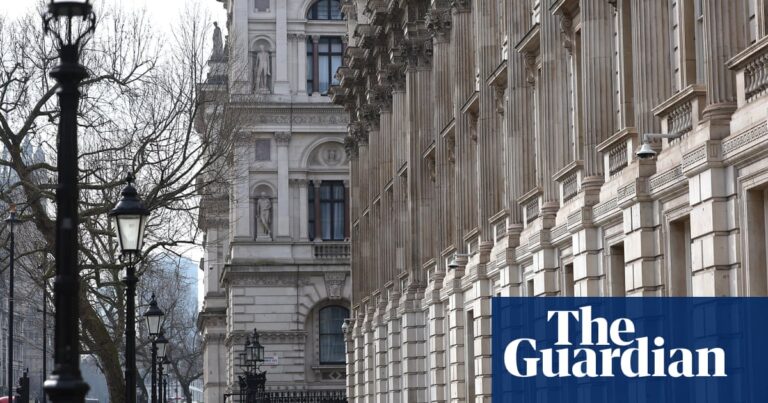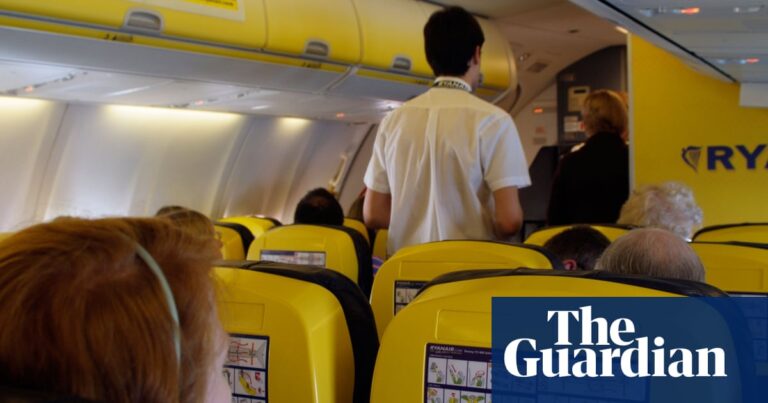Many individuals are leaving their residences in Wad Madani, the second largest city in Sudan. This city served as a safe haven for the majority of the displaced population from the capital city of Khartoum when the conflict between the Sudanese army and paramilitary Rapid Support Forces erupted in April.
On Friday, the conflict spread to Wad Madani, the capital of el-Gezira state in central Sudan. This city is home to Africa’s largest agricultural project. Some individuals have been observed traveling by bus, while others are making their way south on foot.
Armed groups and citizens have been reportedly looting and damaging banks and main markets in Madani. As a result, the cost of transportation and fuel has increased.
Dr. Mohamed Babikir, a medical professional in the city of Madani, reported that residents were seeking shelter in their homes due to the fierce battles taking place on the streets. He expressed concern that many individuals have fled the area, leaving those who stayed behind trapped in their houses. There have been sightings of heavy weapons and warplanes flying above the city.

The military has shut down a bridge that links the towns of Al Hasahesa and Rufaa, located north of Madani.
Last weekend in Djibouti, the two opposing factions agreed to a ceasefire with the assistance of the Intergovernmental Authority on Development, a political organization in East Africa. However, on Thursday, the army bombed Neyala, the capital of South Darfur state, resulting in casualties including civilians. Currently, the RSF has taken control of Neyala after a long period of fighting. Three other significant regions have also been taken over by the RSF, leaving only North Darfur under the authority of the army.
Numerous relief organizations have halted their operations in Madani, which had previously served as a central location for humanitarian efforts following the outbreak of war in Khartoum. This decision comes in response to recent developments.
“We have temporarily suspended our operations in Wad Madani due to ongoing conflict, and we plan to resume as soon as conditions allow,” stated William Carter, the director of the Norwegian Refugee Council for the country.
The number of individuals who have been forced to leave their homes has reached into the thousands and is expected to increase as the conflict persists. We have sent out rapid response teams to regions where displaced persons are seeking refuge, including Sennar and Gedaref states.
This is an unfortunate change in circumstances. Many individuals who escaped from city warfare and airstrikes in Khartoum are now experiencing it all over again in a location they believed to be secure.
Fighting has broken out once again in El Fasher, the capital of North Darfur state, between the two opposing sides. This city is currently the only one still under control of the army. The Abo-Shook camp for internally displaced people (IDP) was also affected by the conflict, resulting in six individuals, including children, being injured on Saturday.
According to a person from Fasher who spoke to the Guardian, the level of violence they have witnessed is unprecedented since the war began in April. They stated that the majority of the conflict took place near IDP camps in Abuja and Nevsha, and involved heavy artillery, making it particularly intense.
The Rapid Support Forces (RSF) have enlisted numerous soldiers from the eastern Nile area in central Sudan, located near the city of Wad Madani, during the ongoing war led by Commander Abu Agla Mohamed Ahmed Kaikel. Kaikel, who was once allied with the army, is now in charge of the RSF. Reports indicate that his troops within the RSF were responsible for attacking Wad Madani this time.
Source: theguardian.com














